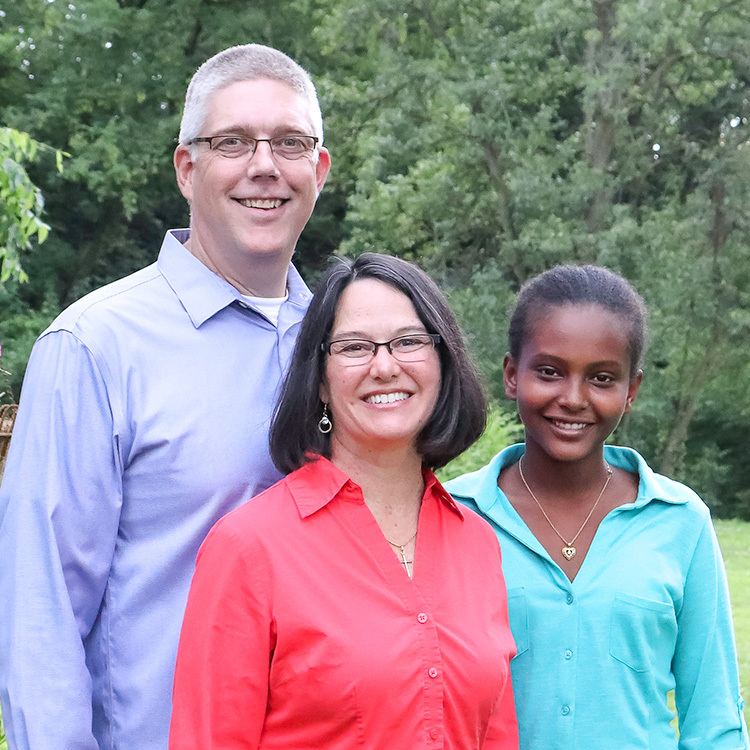-
-
SERVE NEWSLETTER “How much theological and cross-cultural training do I need?”
Serve Blog — March 2024
“How much theological and cross-cultural training do I need?”
Here are two realities of life on the mission field: Your theology will be tested, and you will often wonder why the theological truths you so eloquently communicate are not resulting in growing maturity and life change in those you are reaching.
The first reality comes from the fact that you are leaving your circle of theological comfort and familiarity and encountering a wide variety of deeply engrained beliefs and practices that often conflict with what you “know” to be true. The second comes from the fact that you are now communicating cross-culturally. If you do not communicate and challenge in a culturally understandable way what others really believe in the core of their being, lives will rarely change.
Theology is important.
But how much theology do you need? A PhD in theology is not required. What you do need theology-wise is threefold. First, you need enough theology to realize how much you don’t know. The study of theology is a lifelong process. When you start, you begin to recognize its intertwining depths, creating a good dose of confident humility: confidence in what is clear and humility in what is not. Second, you need enough theology so that you go beyond “the facts,” actively integrating it into your true beliefs, values, actions, and way of life. Without this, you risk the charge of hypocrisy at home and abroad. Finally, you need enough theology to recognize how much your home culture has misinformed your theology, and you begin adjusting. Without this, you risk imposing your home-culture Christianity rather than biblical Christianity onto those you are reaching.
So, how much theology is that? A few solid courses in systematic and practical theology from a reputable Bible college will begin the process of getting the basics to build on (Tip: Pick a school where the professors explore alternative views and humbly explain why their solution is the best). But the practical outworking of this knowledge and its integration into your daily life will take time. When you notice that your theology collides with your culturally ingrained Christian beliefs, you are getting to the point where you have enough theology for the mission field. Let your theology reflect on you before it reflects on others.
What about cross-cultural training?
Culture is beyond complex. Learning to interpret and untangle a culture to speak into it effectively takes some doing. Begin with courses that expose you to macro-cultural characteristics, such as relational cultures where the individual is secondary to the collective, or indirect culture where what is said is a veil for a deeper meaning, or honor/shame culture where protecting honor is more important than what is right or wrong. These courses will provide good, high-level cultural clues that will help you to interpret a new culture. These courses will also create some humility, build a culturally inquisitive attitude, and check a bit of cultural superiority that we all find in ourselves (Tip: They will also help you begin questioning your own culture).
However, each culture is unique, and academic study can take you only so far. A few classes from a reputable institution will point you in the right direction. Beyond that, you need to eat, drink, and live among those you hope to reach. You must become a lifelong student of that culture from within, working to untangle it. With time, you will be able to speak effectively into their cultural belief system and slowly begin to see the change you have been praying for.
A third reality is that the previous two—theology and cross-cultural training—are inseparable.
You need a tested yet humble theology and a growing cross-cultural understanding to effectively reach another culture. However, neither requires that you wait until you’ve had formal training. Your local church leadership can help you begin to refine your theology (Tip: Ask your pastor, he will love it!) and, more than likely in our globalized world, the opportunity to begin understanding other cultures can be found just down the road.

Bryan MacPhail-Fausey
Missionary to Cameroon
Previous Article:
© 2024 BMM. All Rights Reserved. | Privacy PolicyContinue browsing
